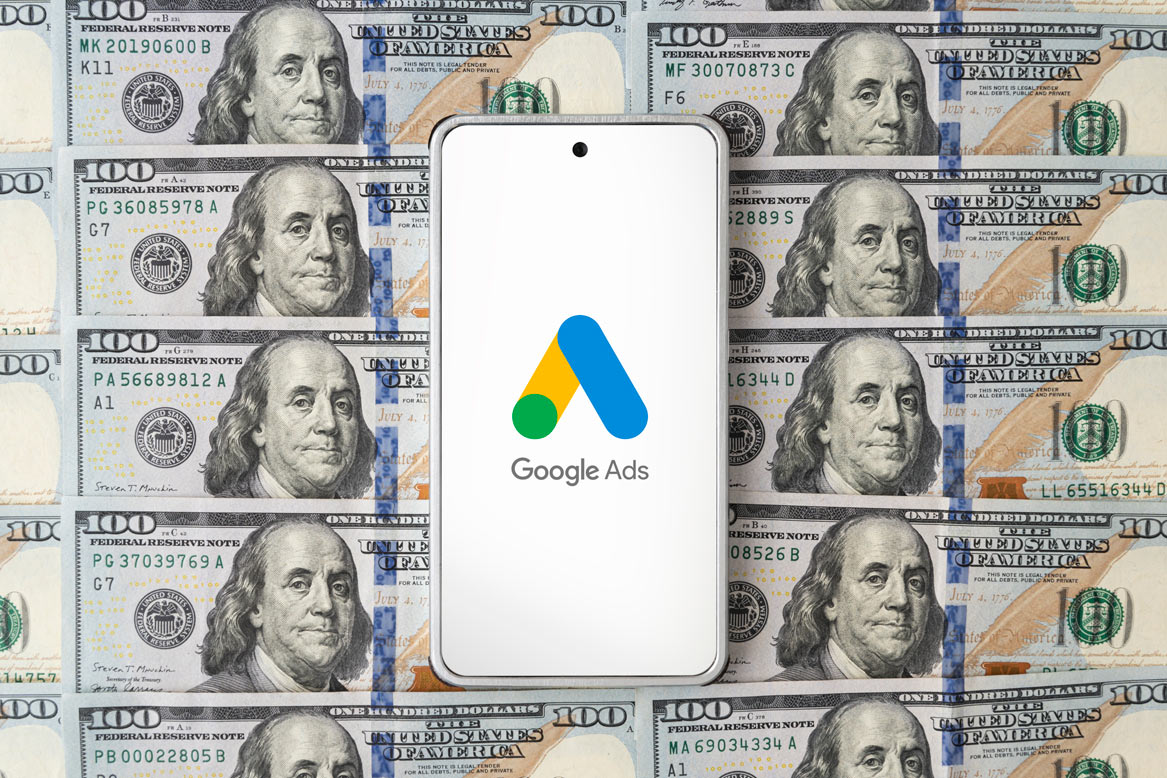Just how is Google making so much money from Google AdWords? Well based on the comment taken from this Google blog post speaking about Google now showing ads on the Yahoo network, it is the advertisers who are soaking themselves not Google. Yes that's right, but escalating prices in your…
Google AdWords
-
-
Bleeding Cash With Google AdWords
I see this too frequently to think of it as a fluke; clients using extremely general keywords for programs and then spending their whole budget on a term like gas or American sound. Wow, Google is really getting rich at the expense of some clients who are tickled to death…
-
Google AdWords Going for the Gold Ring!
Since September 2007, I have been watching the cost per click escalate in Google AdWords. I have seen nearly a 20% increase in this period in the cost per click to achieve the same position on the page. Part of the increase in click cost is due to the number…
-
AdWords Password Protection
You must guard your Google account login especially if you are using AdWords as if it is your bank login ID. It is a good idea to even change your password every month in Google to protect yourself. Personally I feel that after having a previous client have their AdWords…



